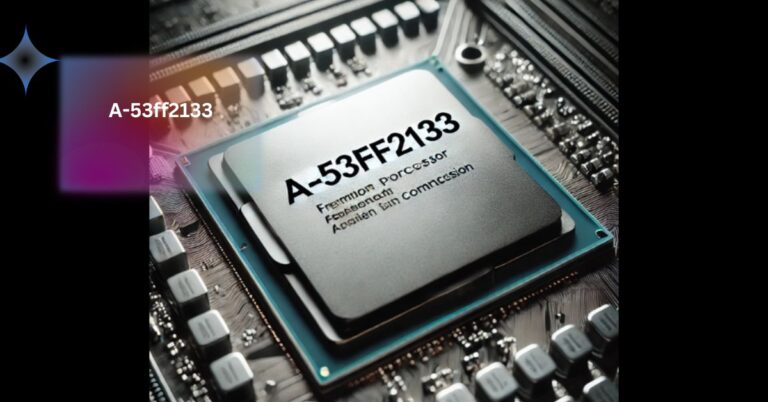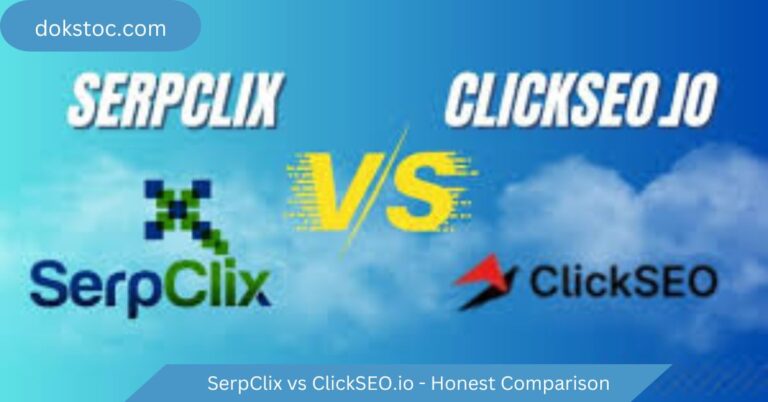Https://Fotise.Com/Que-Es-Una-Hipoteca – Calculate Your Loan!
Using https://fotise.com/que-es-una-hipoteca transformed my home-buying journey. The site provided clear, step-by-step guidance that demystified the mortgage process, helping me feel confident about securing my loan.
Https://fotise.com/que-es-una-hipoteca offers a comprehensive guide to understanding mortgages. It breaks down essential mortgage concepts, types, and processes, making it easy for users to navigate home financing.
the essentials of mortgages, known as Https://Fotise.Com/Que-Es-Una-Hipoteca including their definition, various types, and the step-by-step process of securing one. We’ll also delve into associated costs, the refinancing process, and common mortgage terms to help you make informed decisions.
What is a mortgage (https://fotise.com/que-es-una-hipoteca)?
A mortgage, or “hipoteca” in Spanish, is a type of loan specifically used to buy real estate, such as a house or an apartment. When you take out a mortgage, you borrow money from a lender, like a bank, to purchase the property. In return, you agree to repay the loan amount, plus interest, over a set period, usually between 15 and 30 years.
The property you buy serves as collateral for the loan, meaning if you fail to make your payments, the lender can take ownership of the property through a legal process called foreclosure.
Each month, your payment is divided into two parts: one part goes towards reducing the loan balance (the principal), and the other part covers the cost of borrowing (interest). Understanding how mortgages work helps you manage your finances better and make informed decisions about buying a home.
What are the different types of mortgages available?
- Fixed-Rate Mortgage:
- Definition: Has a constant interest rate throughout the loan term.
- Pros: Predictable monthly payments and stability.
- Cons: Typically higher initial interest rates.
- Adjustable-Rate Mortgage (ARM):
- Definition: Interest rate can change periodically based on market conditions.
- Pros: Lower initial rates and payments.
- Cons: Risk of increasing payments if rates rise.
- FHA Loan:
- Definition: Government-backed loan designed for first-time homebuyers or those with lower credit scores.
- Pros: Lower down payment requirements.
- Cons: Requires mortgage insurance.
- VA Loan:
- Definition: Mortgage guaranteed by the U.S. Department of Veterans Affairs, for veterans and active-duty military.
- Pros: No down payment and no mortgage insurance.
- Cons: Limited to eligible military personnel.
- Jumbo Loan:
- Definition: Loan that exceeds the conforming loan limits set by Fannie Mae and Freddie Mac.
- Pros: Can finance higher-priced properties.
- Cons: Higher interest rates and stricter credit requirements.
- Interest-Only Mortgage:
- Definition: You pay only the interest for a set period, then start paying principal and interest.
- Pros: Lower initial payments.
- Cons: Payments increase significantly after the interest-only period ends.
- Balloon Mortgage:
- Definition: Features lower payments for a certain period, with a large lump sum payment due at the end.
- Pros: Lower initial payments.
- Cons: Large final payment can be a financial strain.
- Reverse Mortgage:
- Definition: Allows homeowners aged 62 or older to convert home equity into cash.
- Pros: No monthly payments required.
- Cons: Reduces the amount of home equity and can affect inheritance.
Each type of mortgage has its own benefits and drawbacks, so it’s important to choose one that fits your financial situation and long-term goals.
How do I qualify for a mortgage?
Qualifying for a mortgage involves several key steps. First, lenders will review your credit score to assess your financial reliability; a higher score generally improves your chances. Next, they will evaluate your income and employment history to ensure you have a steady and sufficient income to make mortgage payments.
Additionally, they’ll examine your debt-to-income ratio, which compares your monthly debt payments to your income, to ensure you can handle the new loan alongside your existing financial obligations.
Finally, you’ll need to provide information about your assets, such as savings or investments, and make a down payment, which is usually a percentage of the home’s purchase price. By meeting these requirements, you demonstrate to lenders that you are a reliable borrower and can manage the responsibilities of a mortgage.
What are closing costs?
Closing costs are the fees and expenses you need to pay when finalizing a real estate transaction. These costs typically include items like the loan origination fee, which covers the lender’s processing of your mortgage application; appraisal fees for assessing the property’s value; title insurance to protect against any legal issues with the property’s ownership; and recording fees for filing the property transfer with local authorities.
Additionally, you might have to pay for a home inspection, attorney fees, and prepaid property taxes or homeowners insurance. Closing costs usually amount to 2-5% of the loan amount and are paid at the closing meeting when you sign the final paperwork and take ownership of the property.
How much should I save for a down payment?
The amount you should save for a down payment depends on the type of mortgage and the price of the home you want to buy. Traditionally, a down payment is around 20% of the home’s purchase price.
This helps you avoid paying private mortgage insurance (PMI) and can get you better loan terms. However, many loan programs offer lower down payment options. For example, FHA loans require as little as 3.5% down, and some conventional loans might only need 3-5%.
It’s important to save as much as you can for a down payment because a larger down payment reduces your loan amount, which can lower your monthly payments and interest costs over the life of the loan.
What is the difference between a fixed-rate and an adjustable-rate mortgage?
Fixed-Rate Mortgage:
- Interest Rate Stability: The interest rate remains the same throughout the life of the loan.
- Predictable Payments: Monthly payments are consistent, making budgeting easier.
- Long-Term Security: Ideal if you plan to stay in the home long-term or prefer predictable costs.
Adjustable-Rate Mortgage (ARM):
- Variable Interest Rate: The interest rate can change periodically based on market conditions.
- Lower Initial Rates: Typically starts with a lower interest rate, which can mean lower initial monthly payments.
- Rate Adjustments: After an initial period, the rate adjusts, which can lead to higher or lower payments over time depending on market trends.
Can I refinance my mortgage?
Yes, you can refinance your mortgage, which means replacing your existing mortgage with a new one, usually to get a better interest rate or change the loan term. Refinancing can help you lower your monthly payments, reduce the total interest you pay over the life of the loan, or even tap into your home’s equity for cash.
The process involves applying for a new loan, going through similar steps as your original mortgage, and paying closing costs. It’s a good option if you want to adjust your loan to better fit your current financial situation or to save money.
Frequently asked questions:
Can I get a mortgage with bad credit?
Yes, you can get a mortgage with bad credit, but it may be challenging. Lenders might require a higher down payment or offer a higher interest rate. Consider exploring FHA loans or working on improving your credit score first.
What is private mortgage insurance (PMI)?
Private Mortgage Insurance (PMI) is insurance that protects the lender if you default on your loan. It’s usually required if your down payment is less than 20% of the home’s purchase price and adds to your monthly mortgage cost.
How long does the mortgage approval process take?
The mortgage approval process typically takes between 30 to 45 days. This includes time for processing your application, underwriting, and closing, but it can vary based on the lender and your individual situation.
What is an escrow account in a mortgage?
An escrow account holds funds for property taxes and homeowners insurance as part of your monthly mortgage payment. This ensures that these expenses are paid on time and helps manage large payments more smoothly.
Conclusion:
Understanding mortgages (Https://Fotise.Com/Que-Es-Una-Hipoteca) is essential for navigating the home-buying process effectively. From knowing the types of mortgages to understanding down payments and closing costs, this guide provides a comprehensive overview.
Read more:





